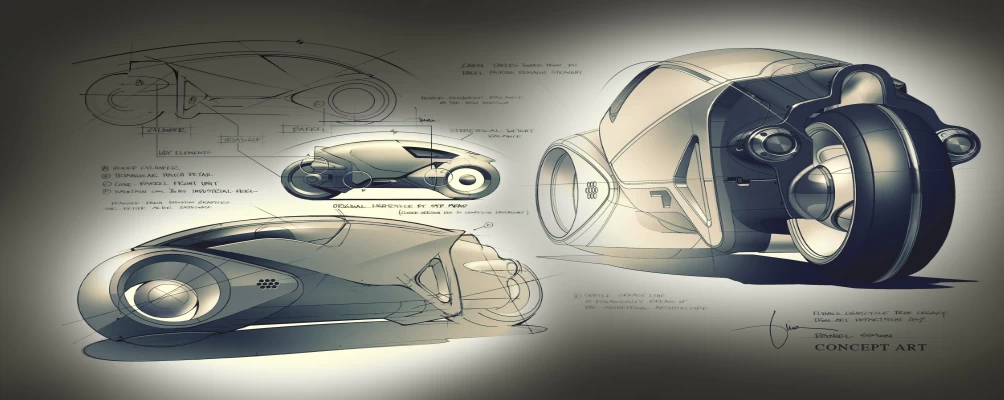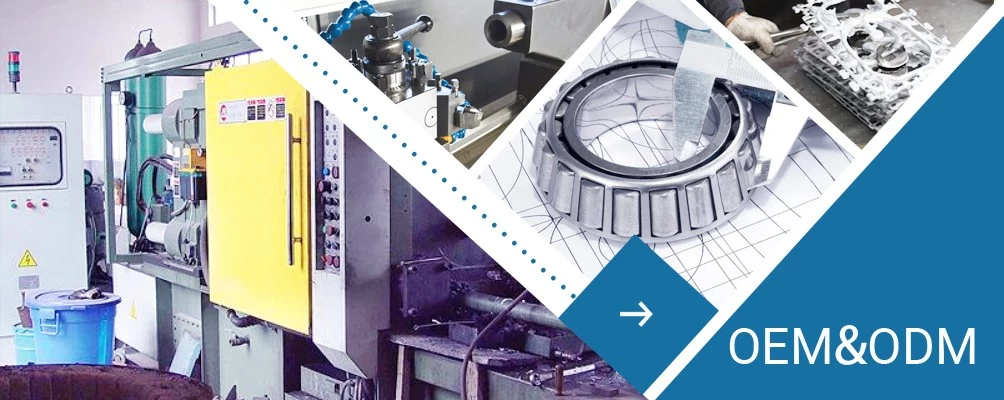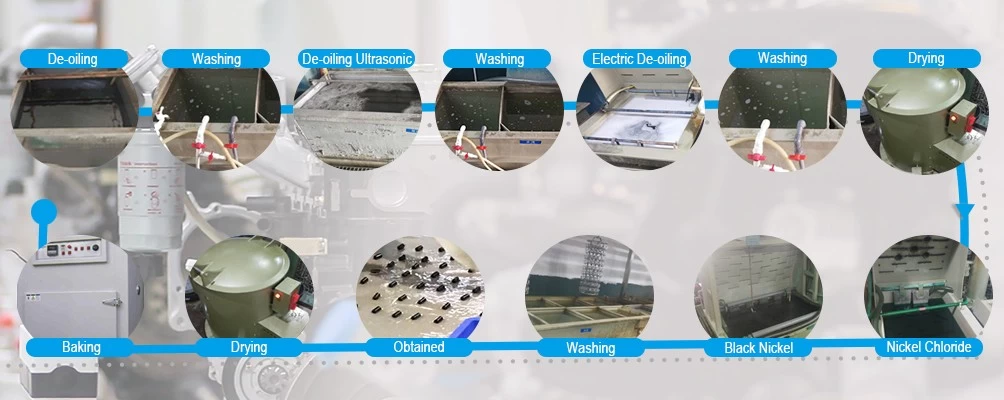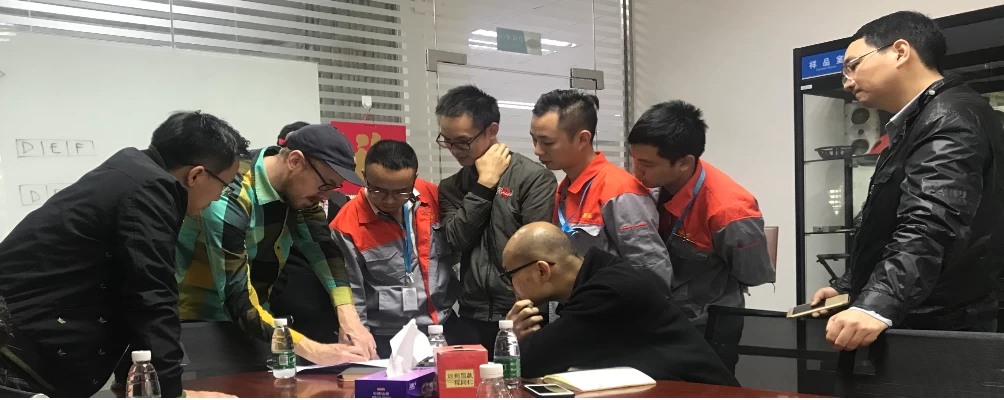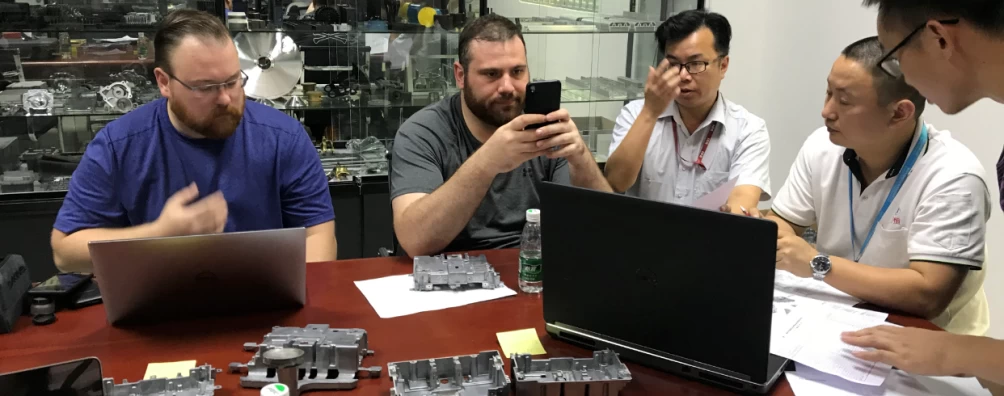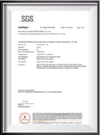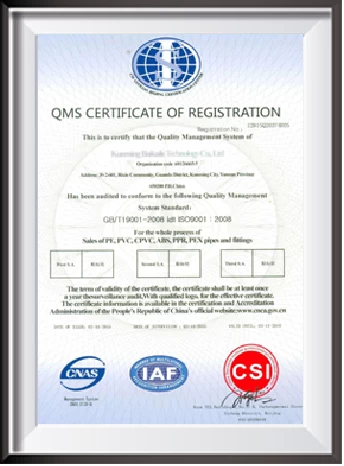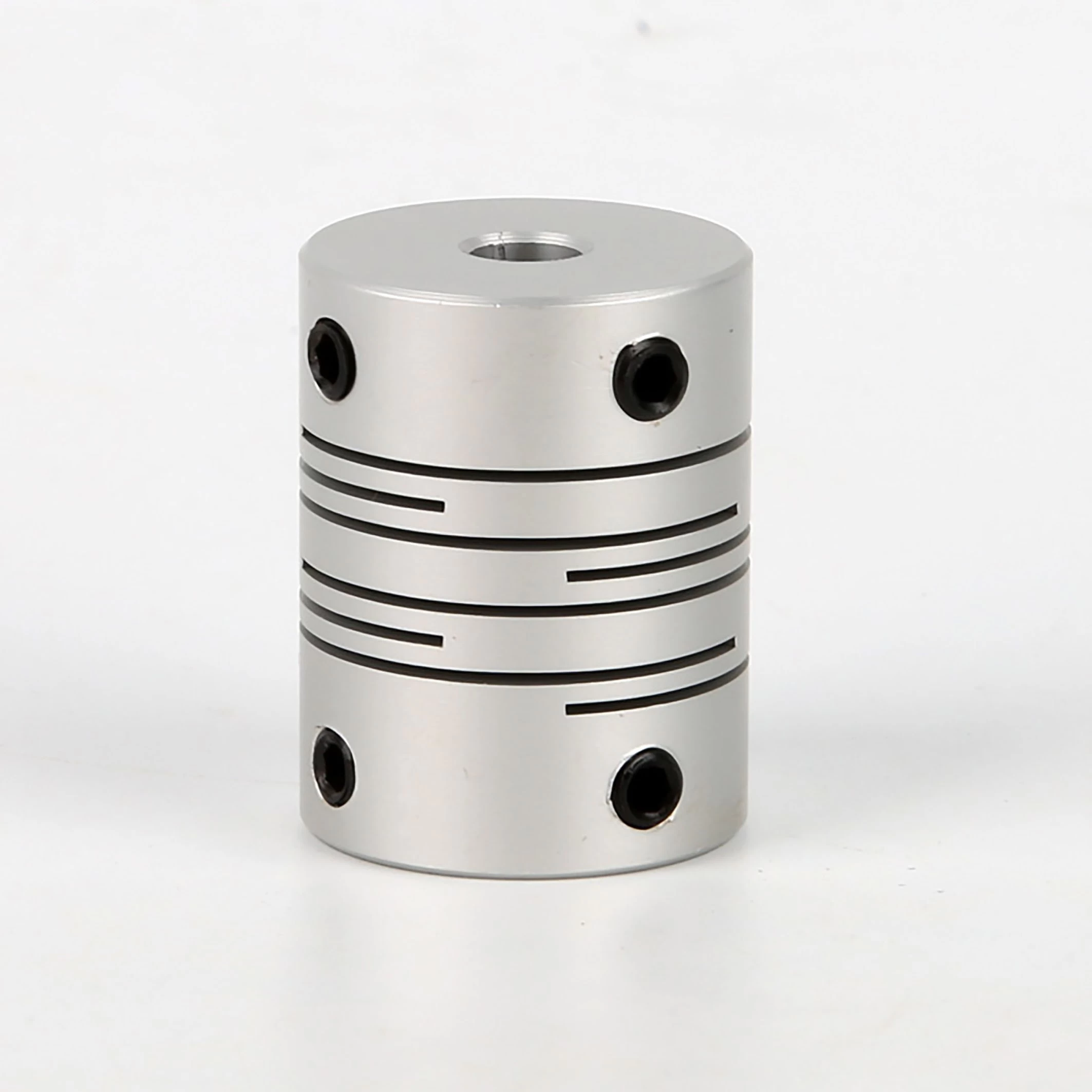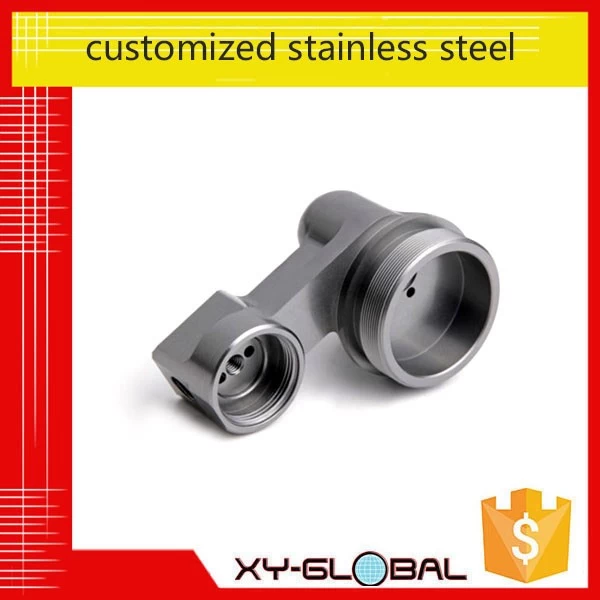Cut off the ISIS economic lifeline
It has always been hard to accept the argument that the series of wars in the Middle East since 2001 have been about oil. Afghanistan is not an oil state and most of the oil which will be produced from Iraq will end up in China and the Far East rather than in the United States or Europe. On the other hand what is happening now in Syria and Northern Iraq shows that oil and power are inseparably linked.
As the FT reported in October, in building its caliphate Isis has not followed al-Qaeda in relying on donations from rich supporters in Saudi Arabia or other parts of the Persian Gulf. Instead the ISIS leadership created its own economic structure in the territories it controlled based almost entirely on oil revenue. Another report published in December recorded in fascinating detail how oil from fields such as al-Tamak and al-Omar in the eastern Syrian province of Deir Exxor and from the Qayyara field close to Mosul in northern Iraq made its way mostly in trucks to other parts of both countries and beyond. In an almost medieval economy, some was even carried in pans on the backs of mules or donkeys. Even rebels fighting Isis within Syria turned out to be dependent for their basic fuel supplies on purchases of illicit oil which helped to fund their opponents.
At one point, Isis was earning as much as $40m a month from oil, using a professional operation which was tightly controlled from the centre. That money allowed Isis to create the semblance of an effective government and no doubt also funded the purchase of arms and weaponry.
That position has now been degraded by the bombing campaigns initiated by the French and the Russians which the British have recently joined. As well as attempting to decapitate the leadership structure of Isis, the air strikes have clearly targeted a number of key elements in the chain of activities from production and refining to the transport links which allowed Isis to make money from whatever it could produce.
A recent article in Iraq Oil Report summarised the state of play towards the end of 2015:
- Production is down as field infrastructure has been hit by bombing. Some oil continues to flow automatically and has to be stored temporarily in holes dug hurriedly in the ground.
- Key refining links have been broken forcing the use of primitive techniques using open pits to make usable products.
- The fall in the price has cut margins – already low because of discounting and is discouraging the black market trade because the risks involved now far outstrip the rewards especially for the tanker drivers.
This, however, is far from the end of the story. Isis has not been defeated. The Iraqi army, no doubt with a good deal of help from outside, has retaken territory north of Baghdad. The situation on the ground is not quite trench warfare, but the unending conflict over narrow strips of land which pass from one side to another at enormous cost in terms of lives and physical damage is reminiscent of the battles of the first world war.
As well as the human suffering, the environmental damage must be horrendous. What remains of Ramadi ( 80 per cent of the city is said to be in ruins ) is for the moment in Iraqi hands, but the major city of Mosul, despite promises of a renewed assault by Iraqi forces, is not. There and elsewhere across the region Isis still appears to be in control.
An undefeated Isis remains a serious threat – in the immediate region and beyond. So far there has been no impact on the world market from any action taken by Isis because the volumes involved have been so small. Even at its peak, oil production from territory controlled by Isis never exceeded 70,000 barrels per day. That position could change.
In northern Iraq Isis now has a clear incentive to try to take further oil installations of which there are many around Mosul, particularly to the east and area of Kirkuk. The main fields should be well defended but others are more vulnerable. An Isis move towards Kirkuk would widen the physical conflict and that could bring the bombing campaign close to areas holding much more significant volumes of oil.
At the same time there is evidence that Isis appreciates the potential to use attacks on oil installations to weaken their opponents. Last week’s attack on facilities near al-Sidra in Libya is just one example of what can be done to cut revenue and to discourage new investment in a country where oil provides 95 per cent of exports and 75 per cent of the national budget.
Isis has every incentive to make sure that Libya declines into being a failed state.
Even if the oil producing region in the eastern province of Saudi Arabia is assumed to be too well defended for Isis to penetrate, there are still substantial potential targets in Egypt, Algeria and the wider oil producing regions of Iraq itself. Isis has shown that while the principal focus is on the territory it holds the organisation still has the ability to venture into other areas in order to undermine existing regimes and to demonstrate its remaining power. If one of the aims of the caliphate is to drive foreigners out of the region another successful attack on oil facilities could well prove successful.
The bombing campaign has changed the game in Syria and northern Iraq. Isis can no longer depend on a steady flow of revenue through the creation of a quasi national oil enterprise. That business model – “Isis Inc” in the words of the first FT report – looks dead. But the war for oil and power across the region is far from over.

